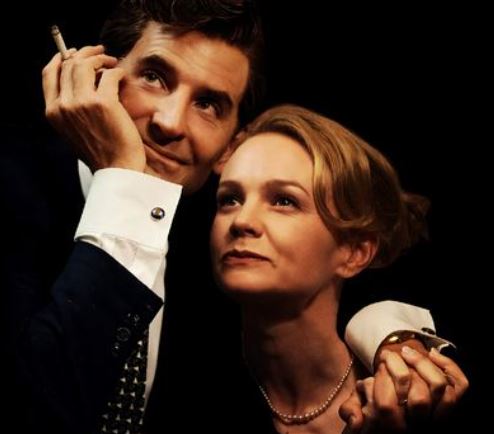‘Maestro:’ From acting to directing, a fine film all around

By Wendell Gaa
With this year’s awards season in full swing, one of the highest critically acclaimed films, and considered to be an Oscar frontrunner, is “Maestro” which is currently available for streamlining on Netflix.
This movie is a biopic on the life of the legendary American composer Leonard Bernstein, who is renowned in history for being the first U.S.-born musical conductor to receive international acclaim. The Broadway world is indebted to him as his work has been the soundtrack to such iconic theatrical productions as “West Side Story,” “On the Waterfront” and “On the Town.”
Outside his long professional career, he has been heralded for his involvement in the Civil Rights Movement, protests against the Vietnam War, and had even conducted a performance of Beethoven’s “Symphony No. 9” in Berlin, Germany to celebrate the fall of the Berlin Wall in the late 1980s.
Yet surprisingly not much may be known about his personal and family life, which is given in-depth depiction in “Maestro,” starring Bradley Cooper as Bernstein himself and English actress Carey Mulligan as his Costa Rican-born wife Felicia Montealegre. The primary focus of the film is truly the relationship between Bernstein and his wife, and is therefore the heart and soul of the plot as the movie opens with an aged Bernstein recalling the history of his life and career in an interview at his home while playing a piano piece from his opera “A Quiet Place.”
A good majority of the film is then played out in flashback, with the events of Bernstein’s early life in the early 1940s as an assistant conductor of the New York Philharmonic unfolding in black-and-white cinematography. We then see how events pan out where his conducting debut is heaped with audience and public praises.
He meets and falls for Felicia Montealegre and soon forms a romantic relationship with her, which eventually leads to marriage and the birth of their three children. Well through to the 1950s, life seems to be progressing joyfully and prosperously for the family as Bernstein goes on to compose several popular operas and Broadway musicals such as “Candide.” At one point, Bernstein and Felicia are even given a live TV interview at their luxurious home by the legendary American news broadcaster Edward R. Murrow, further cementing their celebrity status.
However, the movie soon reveals aspects of Bernstein’s life which would definitely have been considered taboo in his time and thereby placing him under intense media scrutiny had such information gone public, notably his extramarital relationships and bisexuality. His increasing alcoholism and substance abuse in later years also threatens to end his happy marriage and split their family.
Incredibly, despite the emotional hardships which Bernstein and Felicia experience, their commitment to stay married to one another even to the point where Felicia is diagnosed with terminal cancer, is the one powerful crux which by itself is strong enough to hold the film together and keep you as a viewer heavily invested in the couple and their family.
“Maestro” is worth seeing alone for the onscreen chemistry between Cooper and Mulligan, and their respective performances of Bernstein and Felicia are just so convincing and the film excellently soars on the weight of their portrayal of the couple. I give much respect and salute to Cooper for his dedication in directing this fine film which deserves to be called among 2023’s best, and for him to co-produce this cinematic project with the likes of Martin Scorsese and Steven Spielberg speaks a lot!
© The FilAm 2024












